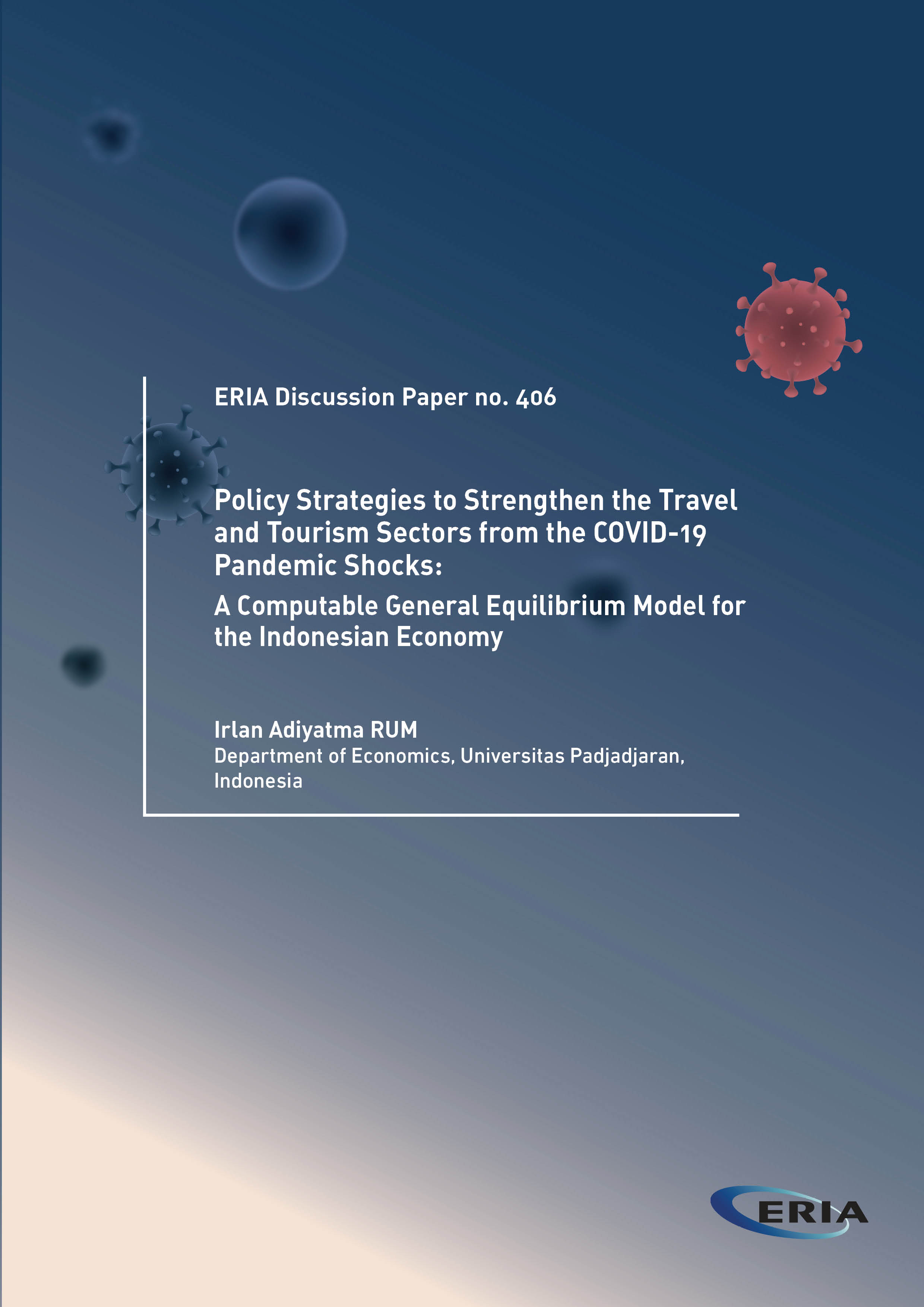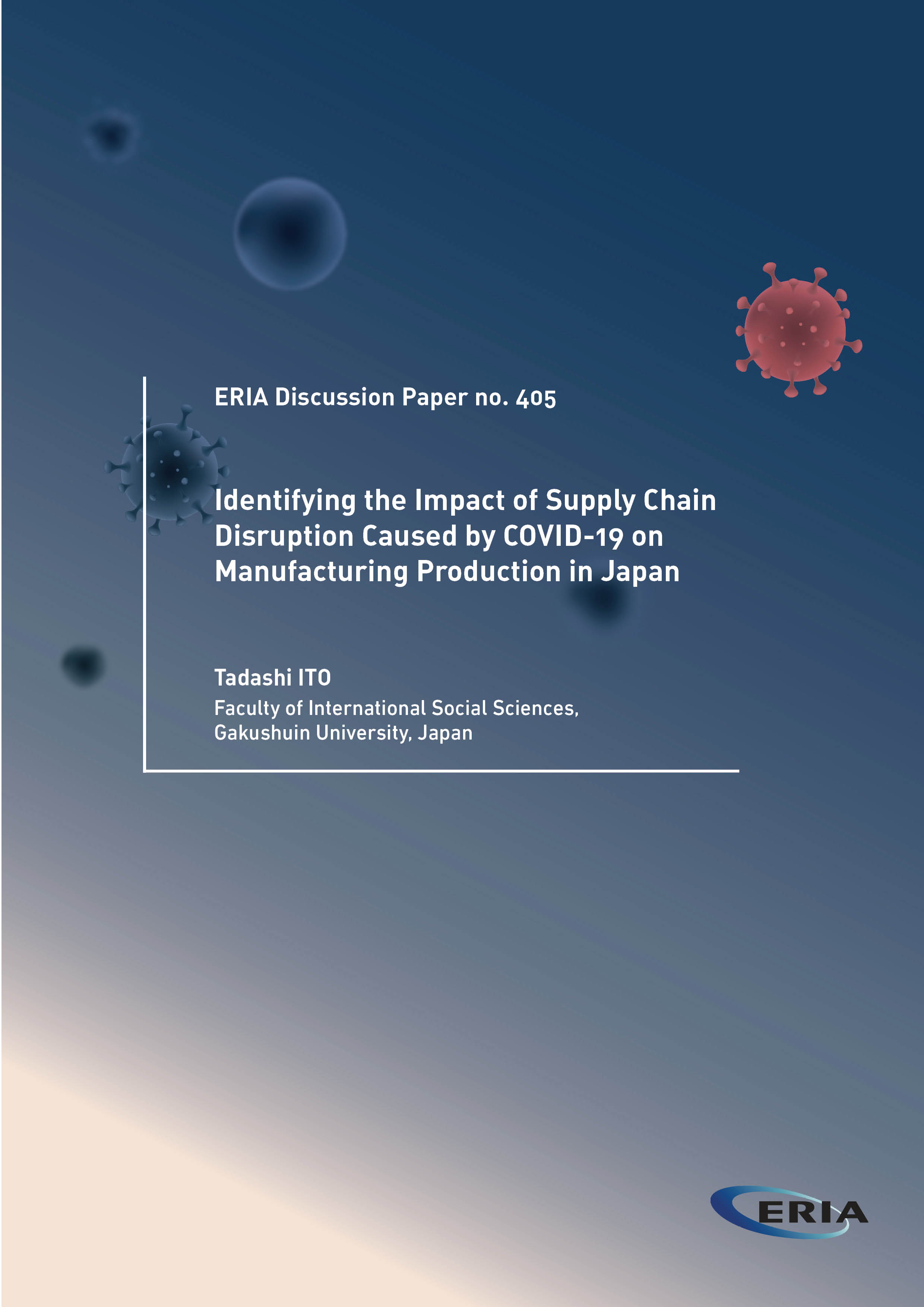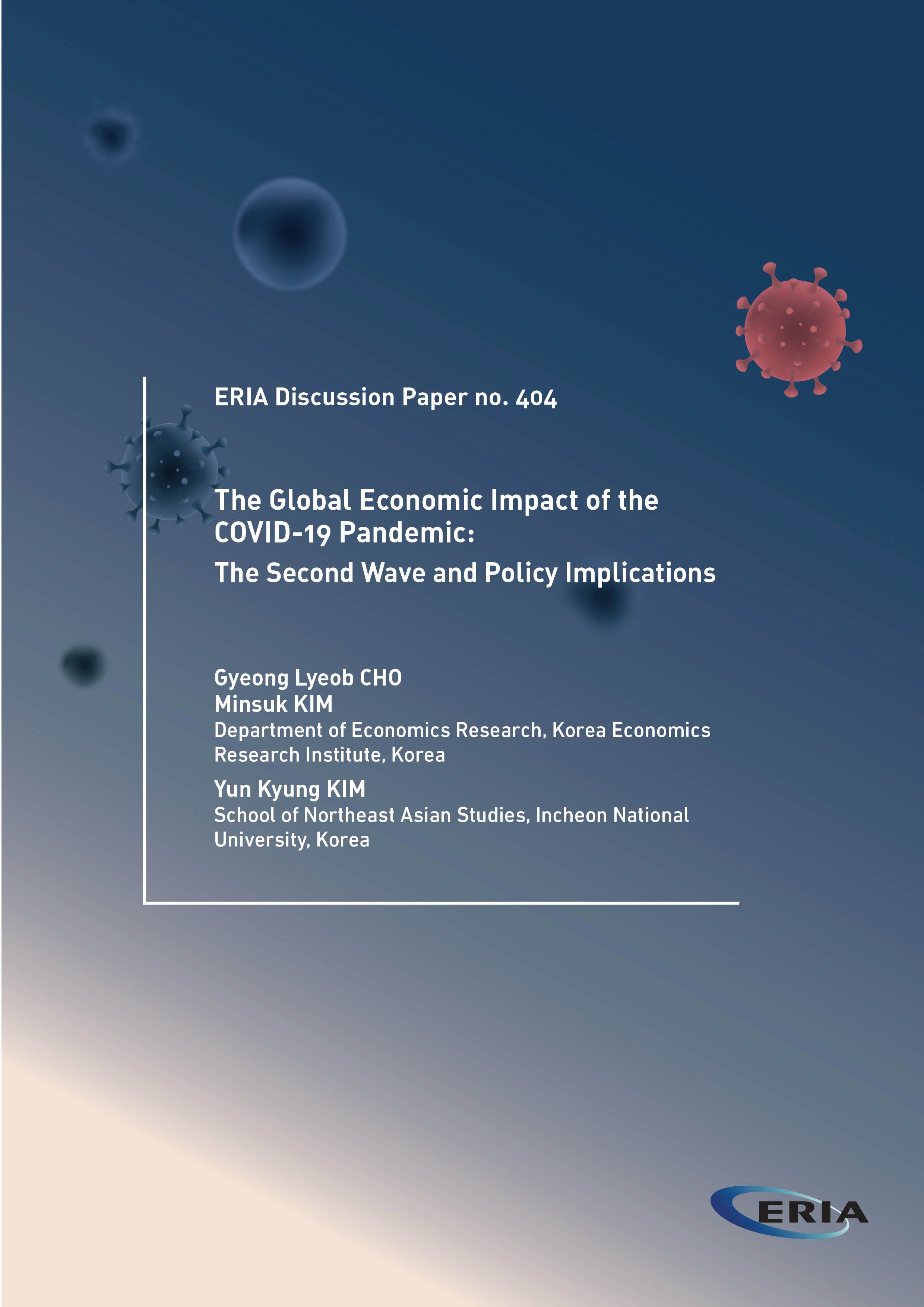Policy Strategies to Strengthen the Travel and Tourism Sectors from the COVID-19 Pandemic Shocks: A Computable General Equilibrium Model for the Indonesian Economy

Date:
13 September 2021Category:
Indonesia, COVID-19, Finance and MacroeconomyType:
Discussion PapersTags:
COVID-19, Indonesia, Macroeconomy, Tourism, TravelPrint Article:
The travel and tourism sectors have become the most vulnerable sectors to the COVID-19 pandemic. Studies have shown that most tourist-destination countries will experience economic shocks due to the pandemic. This study analyses the impact of the COVID-19 pandemic shock and the implications of policies taken by the government to strengthen the travel and tourism sectors. As the largest travel and tourism economy in ASEAN, this study uses Indonesia as a case study. It uses a computable general equilibrium (CGE) model using a detailed national input–output table for the creative sectors. The study develops baseline scenarios (low and lower-middle recovery), general policy scenarios (moderate and highly effective support) and specific policy scenarios for the travel and tourism sectors. Through changes in export demand, the impact of the pandemic depends on the existing conditions and policy interventions. The pandemic causes the nominal gross domestic product at the national level to decline by an interval of [–1.99%, –2.97%] and for tourism and travel sectors by [–6.81%, –10.38%] depending on the recovery period. If the recovery is low (all annual inbound tourism expenditure is removed), the Indonesian macroeconomy will be worse than under the lower-middle recovery, given the same government intervention. Thus, effectiveness becomes an important factor for creating a better impact. Adding capital stimulus into the tourism sector helps to further reduce output decline in the travel and tourism sectors, but it is not enough to help the economy recover from the pandemic. The best policy strategy is to make sure that the mitigation plan will be implemented effectively.
This research was conducted as a part of the project ‘ERIA Research on COVID-19’ at the Economic Research Institute for ASEAN and East Asia (ERIA).




